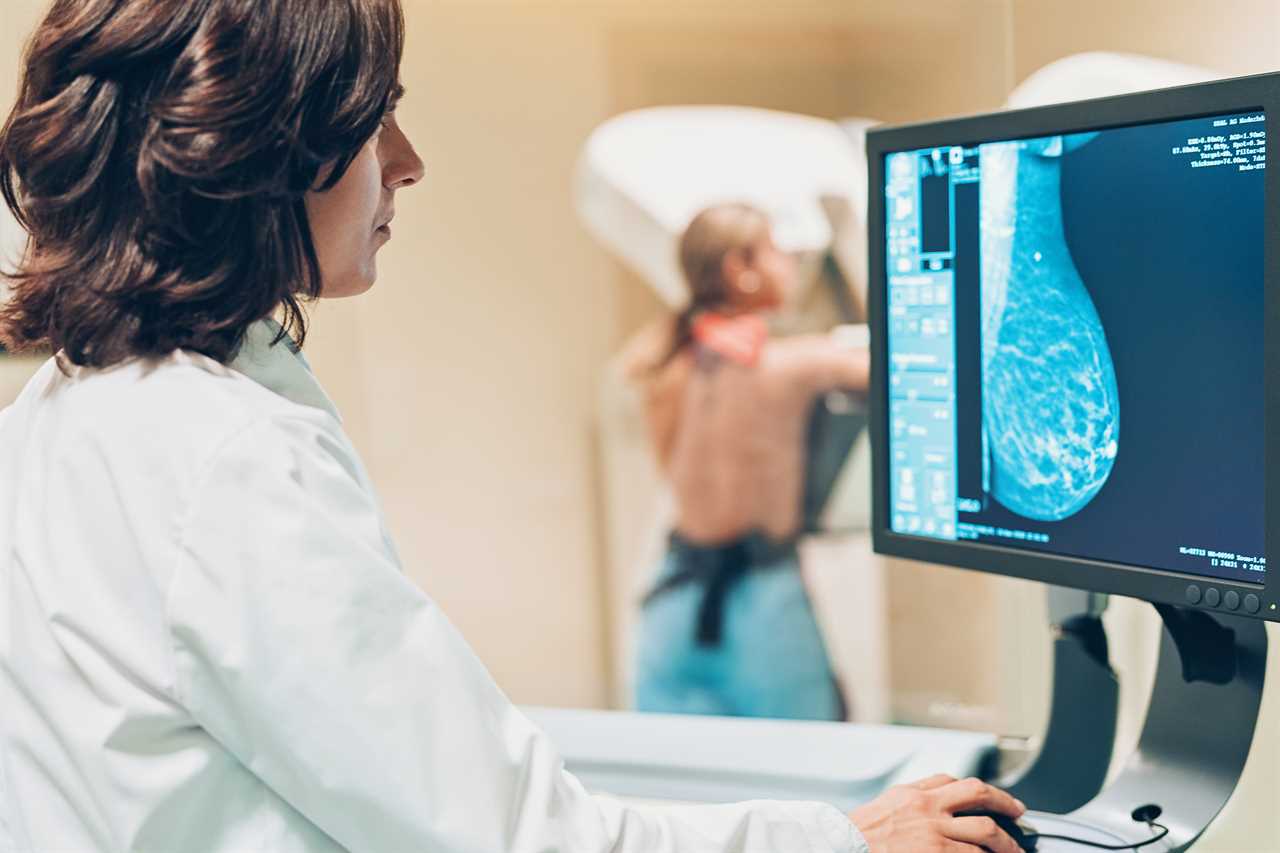AN NHS breast cancer drug could slash women’s risk of tumours growing back if given to more patients, a study suggests.
Research found the medicine ribociclib reduces recurrence by 25 per cent if given alongside standard treatment.

Ribociclib could slash women’s risk of breast cancer growing back if given to more patients, a study suggests
It is currently used on the NHS for women whose cancer has already spread, but experts say thousands with the most common type of earlier tumours could benefit.
Study leader Dr Dennis Slamon, from University of California Los Angeles, said patients on the trial saw a “significant and meaningful improvement” in their condition.
Around 56,000 women are diagnosed with breast cancer every year in the UK.
The study looked at 5,101 people with stages two or three of a type called HR-positive HER2-negative, which is the most common form and makes up around seven in 10 cases.
Seven per cent of patients taking the drug saw their cancer grow back after treatment, compared to nine per cent of those on standard medication.
Dr Kotryna Temcinaite, from the charity Breast Cancer Now, said: “The drug targets specific proteins that help cancer cells multiply, and by blocking them it can slow down or stop the cancer from growing.
“We know many women and their loved ones worry about breast cancer returning, so new treatments like ribociclib, which can reduce this risk, are incredibly welcome.
“This treatment must now be swiftly submitted for licensing and assessed for use on the NHS so this group of patients have the chance to benefit from it as soon as possible.”
Dr Slamon added: “There is a significant unmet need for reducing the risk of recurrence and providing a tolerable treatment option that keeps patients cancer-free.”
Patients on the trial, which was revealed at the American Society of Clinical Oncology conference in Chicago, were given the drug for three years.
Ribociclib is already used on the NHS, which means hospitals could get hold of it faster than a new drug.
Dr Catherine Elliott, from Cancer Research UK, said: “More research is required but the early results from the trial are promising.”






